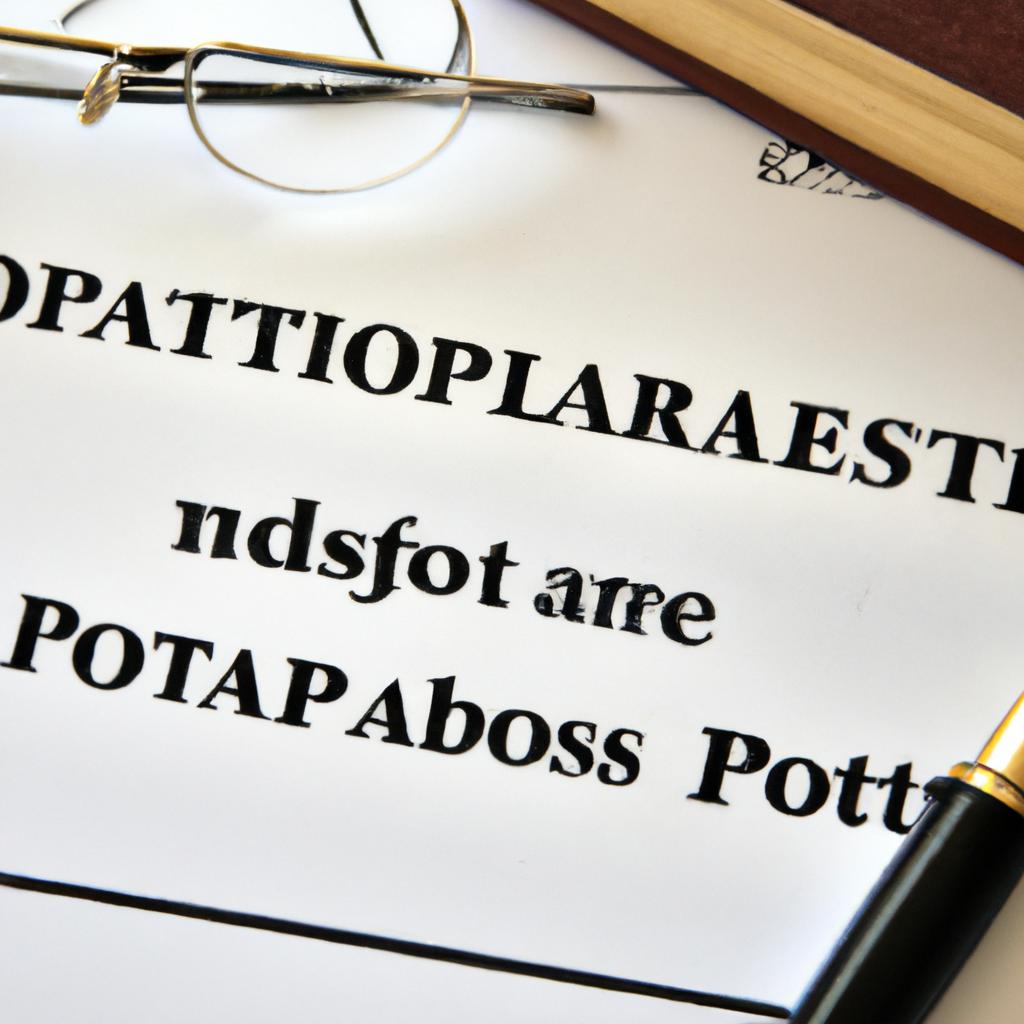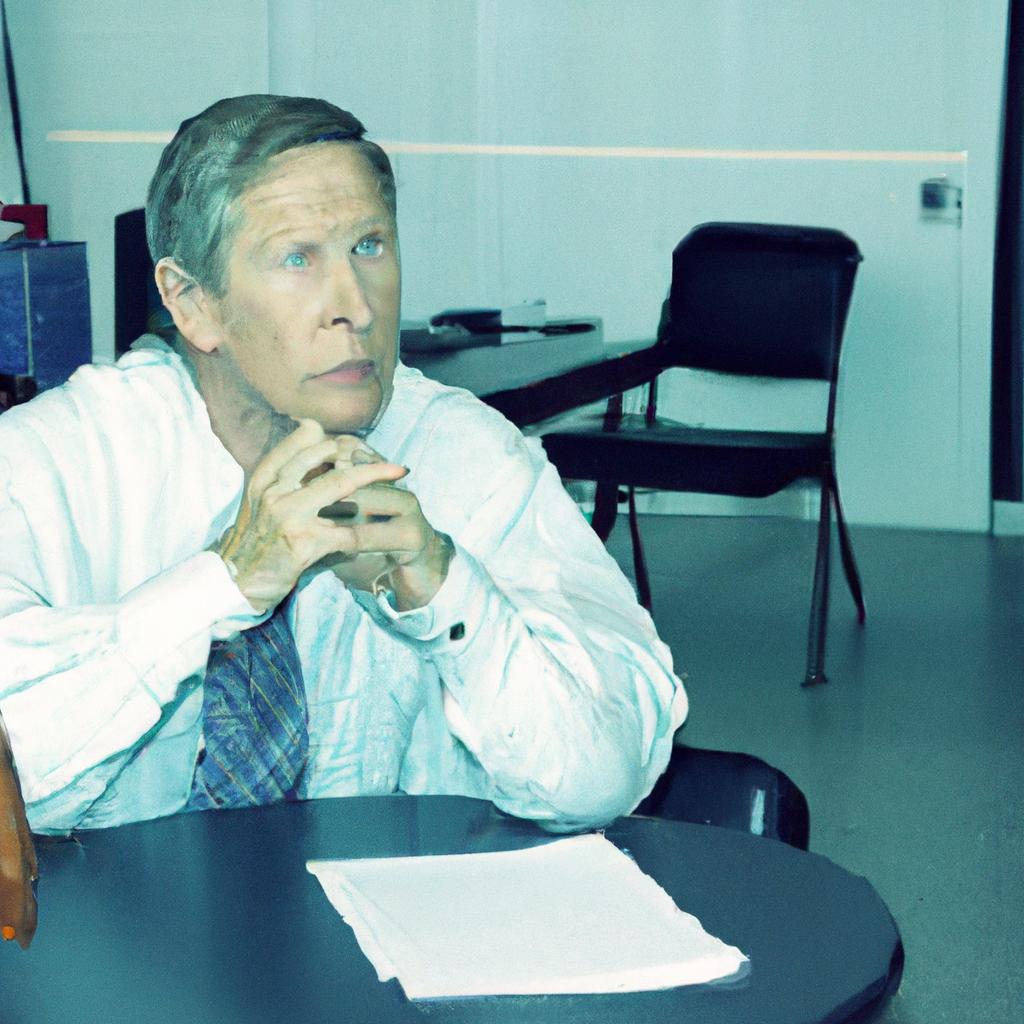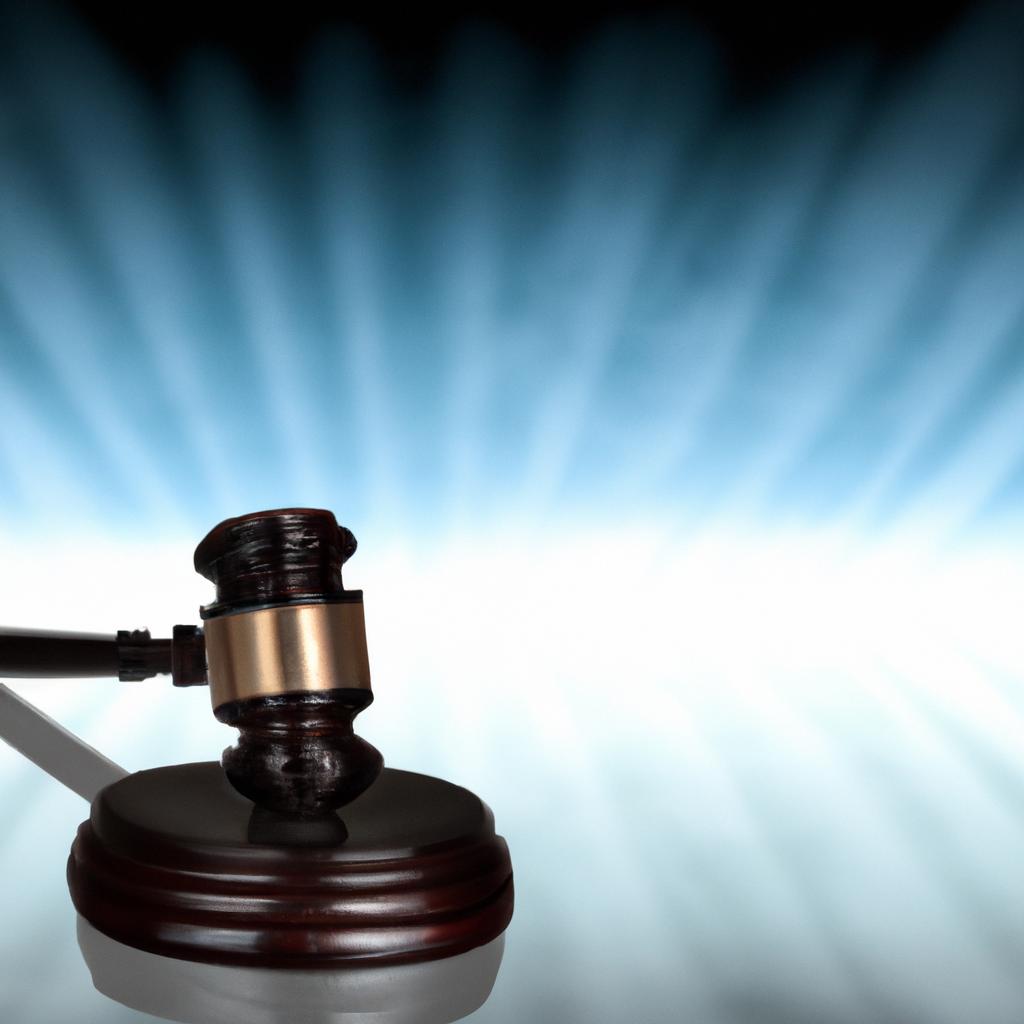When a loved one passes away, navigating the legal process of probate can be a complex and overwhelming task. One common question that arises is whether probate is necessary if there are no assets to distribute. As experienced estate planning attorneys at Morgan Legal Group in New York City, we understand the importance of providing clarity on this issue. In this article, we will explore the intricacies of probate in cases where there are no assets involved, shedding light on the necessary steps to take in such situations.
Understanding the Purpose of Probate When Dealing with Assets
When it comes to the question of whether probate is necessary when there are no assets to distribute, the answer is not always clear-cut. Probate is a legal process that involves proving the validity of a will, appointing an executor or administrator to manage the estate, paying off debts and taxes, and distributing any remaining assets to heirs or beneficiaries. Even if there are no assets to distribute, probate may still be required to formally close the estate and prevent future claims.
Without probate, unresolved issues and disputes may arise that could complicate matters for loved ones in the future. Consulting with an experienced estate planning attorney can help you navigate the probate process and determine whether it is necessary in your specific situation. While it may seem unnecessary if there are no assets to distribute, probate serves an important purpose in ensuring that the decedent’s final wishes are carried out and that all legal matters are properly addressed.

Exploring the Implications of No Assets in the Estate
When an individual passes away and there are no assets in their estate, the process of administering their estate becomes a bit more straightforward. In such cases, there may not be a need for probate to be conducted. However, it is important to consider the implications of having no assets in the estate.
Without assets in the estate, there may not be any property to distribute to beneficiaries or creditors. This raises questions about the need for probate, as well as the necessity of estate planning documents such as Wills and trusts. In these situations, it is still advisable to consult with an experienced estate planning attorney to ensure that all legal requirements are met and that any potential issues are addressed.

Navigating the Legal Requirements for Probate without Assets
When , it is important to understand that the process may still be necessary even if there are no tangible assets to distribute. Probate is the legal process of administering the estate of a deceased person, which typically includes proving the validity of their will, identifying and inventorying their assets, paying debts and taxes, and distributing any remaining assets to beneficiaries.
While it may seem unnecessary to go through probate without assets, there are still certain legal requirements that must be met. This includes filing the deceased person’s will with the court, obtaining the necessary court orders to appoint an executor or administrator, and resolving any outstanding debts or claims against the estate. It is advisable to seek the guidance of an experienced probate attorney to ensure that all necessary steps are taken to comply with the law.

Strategic Considerations for Estate Planning in the Absence of Probate
When it comes to estate planning in the absence of probate, there are several strategic considerations to keep in mind. Even if there are no assets that require probate, it is still essential to have a comprehensive estate plan in place to ensure your wishes are carried out effectively.
- Trusts: Consider setting up a trust to avoid the probate process altogether. Trusts allow for the transfer of assets to beneficiaries outside of probate, providing more privacy and efficiency.
- Beneficiary Designations: Review and update beneficiary designations on accounts such as retirement plans, life insurance policies, and bank accounts. Ensuring these designations are current can help assets pass directly to beneficiaries without the need for probate.
Q&A
Q: Do I need probate if there are no assets left by a deceased loved one?
A: Despite the absence of assets, probate may still be necessary to legally handle any outstanding debts or obligations.
Q: What is probate and how does it relate to the absence of assets?
A: Probate is the legal process of administering a deceased person’s estate. Even if there are no assets, probate may be required to ensure all debts are settled and any remaining affairs are properly resolved.
Q: Can probate be avoided if there are no assets?
A: In some cases, probate can be avoided if the deceased person’s assets were held in a trust or if their estate falls below a certain threshold. However, it is important to consult with a legal professional to determine the best course of action.
Q: What are the potential consequences of not going through probate if there are no assets?
A: Failing to go through probate, even with no assets, could lead to unresolved debts or disputes arising in the future. It is important to follow the appropriate legal procedures to avoid any potential complications.
The Way Forward
In conclusion, the need for probate when there are no assets may seem unnecessary, but it is important to understand the legal process in order to ensure that all matters are properly addressed. Remember, even if there are no assets to distribute, probate may still be required to settle debts and tie up any loose ends. It is always best to consult with a legal professional to navigate this complex area of law. Thank you for reading!


